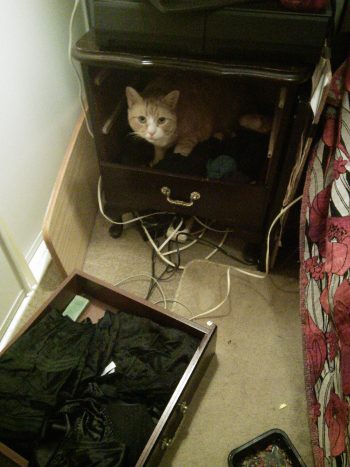 Today I’m writing about panic as the cause of whether we handle situations well or not. Panic is fuelled by anxiety and different people react differently to stressful situations. The need to fight or flight is natural and some of us under such circumstances will appear cool, calm and collected making the necessary appropriate decisions which resolve the emergency. Others may become flustered and make mistakes that can be fatal. Then again people may experience both reactions at different times.
Today I’m writing about panic as the cause of whether we handle situations well or not. Panic is fuelled by anxiety and different people react differently to stressful situations. The need to fight or flight is natural and some of us under such circumstances will appear cool, calm and collected making the necessary appropriate decisions which resolve the emergency. Others may become flustered and make mistakes that can be fatal. Then again people may experience both reactions at different times.
The best solution is to be prepared by developing relaxation techniques beforehand, like breathing evenly in a circular fashion; repetition of words to steady thought patterns, e.g. “I can do it, I can do it” over and over again (otherwise known as affirmations or self hypnosis); asking for help or making a loud noise, if possible and so on.
PANIC DEFINITION: in American Psychiatric Association. Diagnostic and Statistical Manual of Mental Disorders, 4th Edition [DSM-IV]. Washington, DC, American Psychiatric Association, 1994, p. 394-403
The symptoms the DSM-IV list are:
- palpitations, pounding heart, or accelerated heart rate
- sweating
- trembling or shaking
- sensations of shortness of breath or smothering
- feeling of choking
- chest pain or discomfort
- nausea or abdominal distress
- feeling dizzy, unsteady, lightheaded, or faint
- derealization (feelings of unreality) or depersonalization (being detached from oneself)
- fear of losing control or going crazy
- fear of dying
- paresthesias (numbness or tingling sensations.
- chills or hot flushes
This definition of panic is from (and for more information) (Ask Tog)






